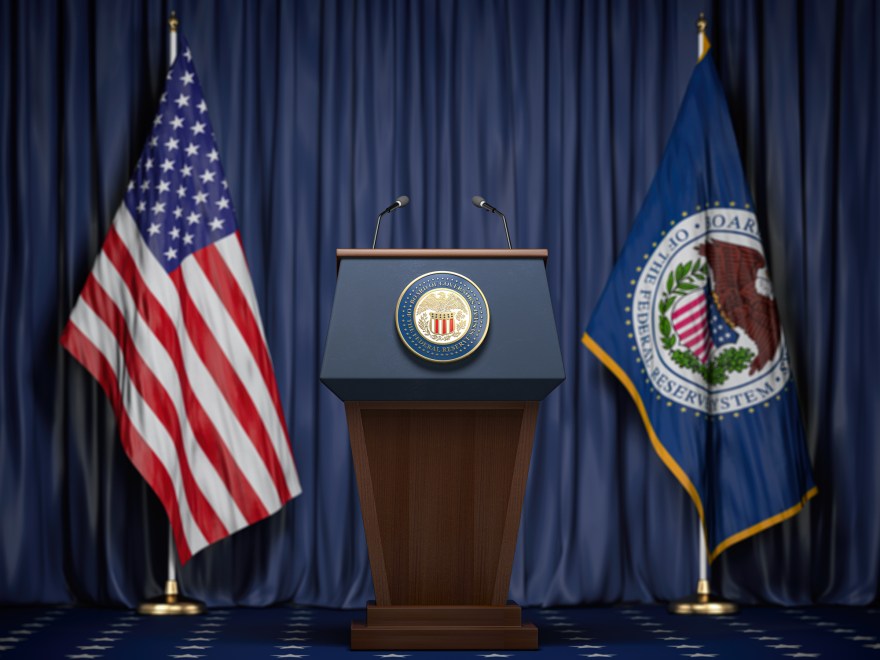The US Senate recently passed a $886 billion Military Spending Bill which includes some provisions around the cryptocurrency industry. The 2024 National Defense Authorization Act (NDAA), which approved the defense amount to be spent in 2024, included provisions that seek to address crypto as a particularly vulnerable sector for illegal activities and financing terrorists.
New Senate Military Bill Includes Crypto Regulation
The bill brought forward by senators Kirsten Gillibrand, Cynthia Lummis, Elizabeth Warren, and Roger Marshall, served as a correlation to a different version of the bill that was passed by the House of Representatives on July 14, 2023. The bill included provisions from the 2023 Lummis-Gillibrand Responsible Financial Innovation Act, while also borrowing extensively from the Digital Asset Anti-Money Laundering Act.
Due to the anonymity they provide, cryptocurrencies are increasingly being used to facilitate criminal activities including money laundering, evading taxes, and most importantly, funding terrorist organizations. This new measure investigates these issues, specifically with regard to national security and the financing of terrorist organizations.
The legislation provides the Secretary of the Treasury with the authority to define examination requirements for crypto assets. This will assist with risk assessment and will help solve the issue of anonymous crypto transactions.
Total market cap at $1.149 trillion | Source: Crypto Total Market Cap on Tradingview.com
The new bill aims to curb the use of cryptocurrency mixers in particular, which are tools that pool crypto from different sources before redistributing them to hide the origin and mask transactions. These mixers, also known as tumblers, are concerning to lawmakers because they make crypto transactions very difficult to trace and monitor.
“Cracking down on illicit finance in the crypto asset industry is essential for weeding out bad actors and ensuring crypto assets are not used to evade sanctions and fund terrorism,” said crypto-friendly Senator Lummis.
Where The Bill Stands And What’s Next
It is not uncommon for the Senate to pass non-defense-related amendments in military bills. The House had earlier passed its own version of the bill in the Financial Innovation Technology for the 21st Century Act.
The bill received a majority of votes in favor, with only four Democrats voting against it. The bill now moves forward to be between the Senate and House where they negotiate on a version that can pass both chambers.
The US crypto industry has been subject to regulatory uncertainty in recent times, as other parts of the world establish clear regulations. Overall, the provision in the Senate military bill might not be encompassing the whole crypto industry, but it serves as the first bill to provide some sort of clear crypto regulatory clarity.
